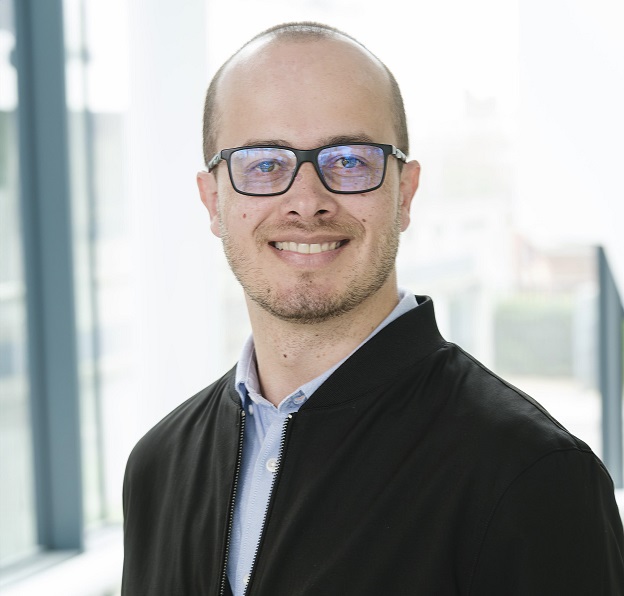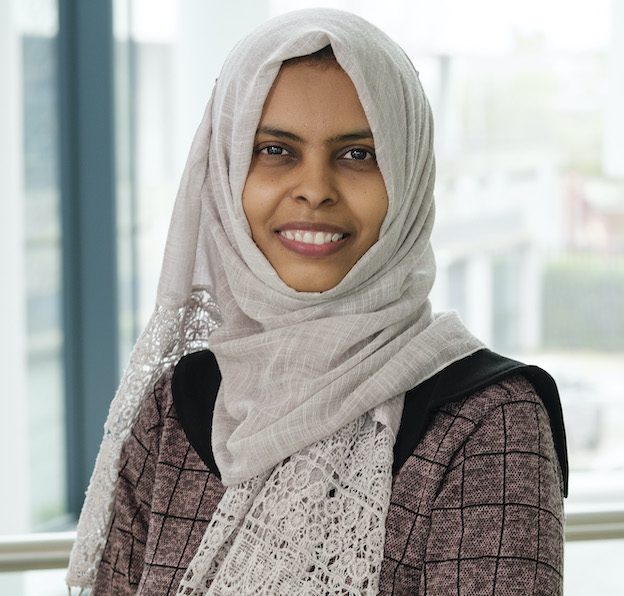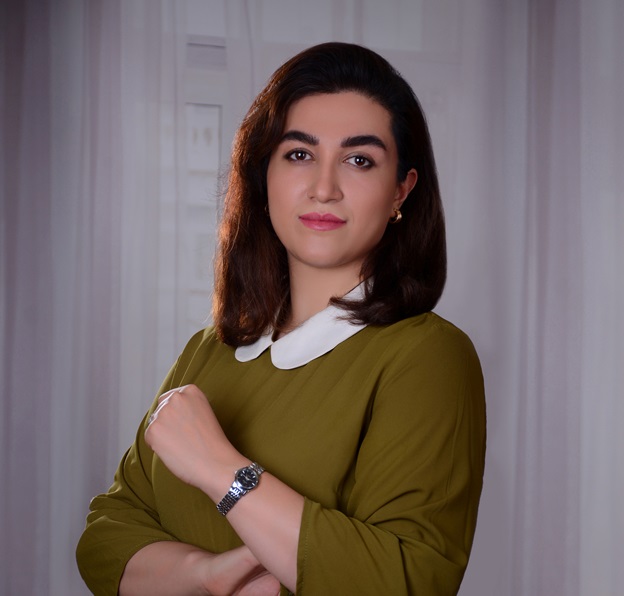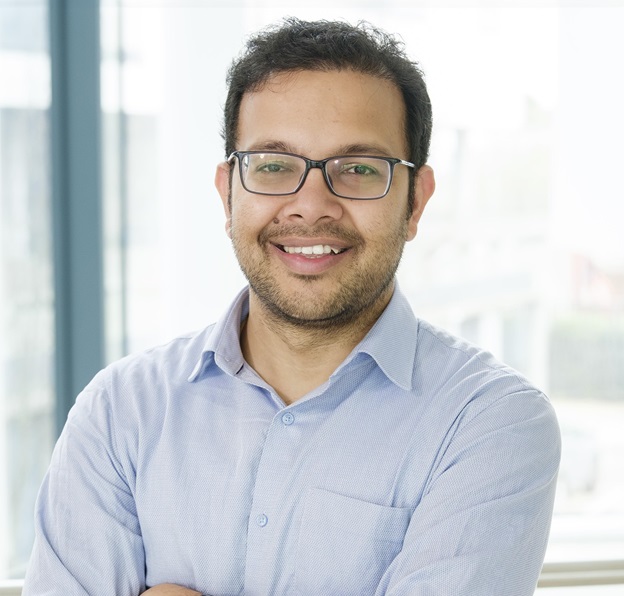
Dr. Zekiye Altan
Project: CRISPR-powered RNA therapeutics for hepatocellular carcinoma
Dr. Zekiye Altan completed her Master's and PhD in Medical Biology and Genetics at Gaziantep, Türkiye. Her postgraduate research focused on the interactions between lncRNA and miRNA, as well as the role of lncRNAs in the cell cycle of colorectal cancer. In 2023, she joined Professor Rory Johnson's lab at University College Dublin, Ireland, as a postdoctoral researcher. Her DevelopMed project aims to develop efficient RNA therapeutics to improve patient outcomes in Hepatocellular carcinoma by using cutting edge CRISPR technology.
Supervisor:
Institution:















